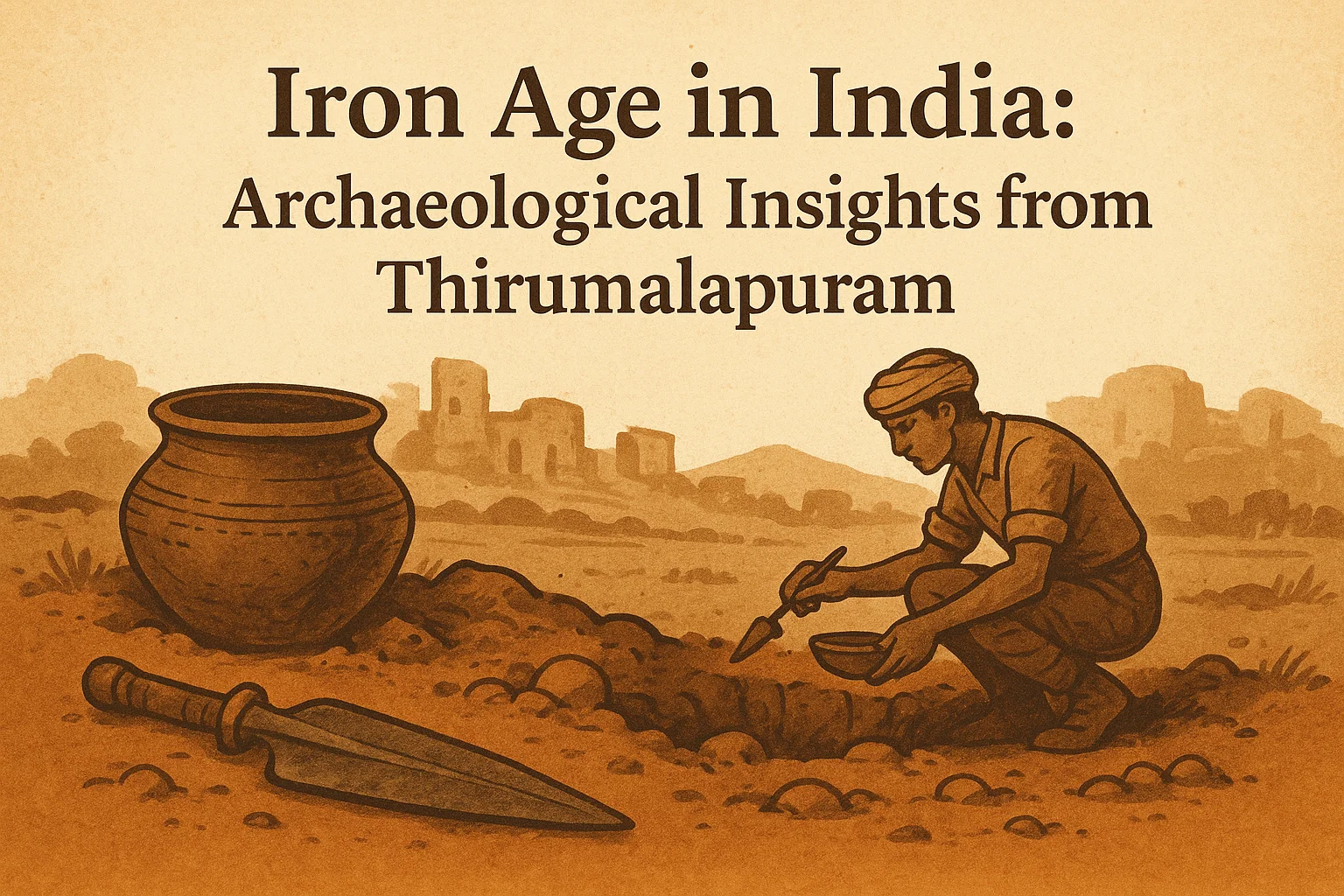Font size:
Print
POCSO Cases and Settlement
POCSO cases can be quashed based on settlement in certain circumstances
Context: In a significant ruling, the Kerala High Court has observed that offences alleged under the Protection of Children from Sexual Offences (POCSO) Act can be quashed if a genuine settlement has occurred between the parties, particularly when it culminates in marriage between the accused and the survivor.
About the Ruling
- Justice C. Jayachandran recently made this observation while quashing two separate POCSO cases against two accused individuals.
- In both instances, the accused had subsequently married the survivors, and the couples were reportedly leading a peaceful and happy married life with their children.
- Highlighting the legal principle, the court noted that if offences as serious as attempt to murder under Section 307 of the Indian Penal Code (IPC) can be quashed based on an amicable settlement, there is no reason why comparatively less serious offences under the POCSO Act cannot also be terminated under exceptional circumstances.
Serious Offences Generally Considered ‘Offence Against Society’
- Justice Jayachandran emphasised that, typically, serious offences involving sexual assault—such as rape under the IPC and penetrative sexual assault under the POCSO Act—are considered offences against society at large, and not mere disputes between individuals.
- As such, these cases are generally not eligible for quashing based solely on a private settlement.
- However, the court clarified that in cases involving extreme mitigating factors, strict adherence to this general rule could result in injustice.
- Therefore, the decision to quash proceedings should depend on the specific facts and circumstances of each case, rather than solely on the statutory label of the offence.
Protection of Children from Sexual Offences Act (POCSO)
- The Protection of Children from Sexual Offences Act (POCSO) is a comprehensive law enacted by the Parliament of India in 2012 to address and prevent sexual offences against children.
- It was designed as part of India’s child protection policies to provide a robust legal framework for the protection of children (defined as anyone below 18 years of age) from sexual abuse, sexual harassment, and pornography.
Key Features
- Gender Neutrality: The Act is gender neutral, meaning it recognises that both boys and girls can be victims of sexual offences.
- Range of Offences: POCSO covers penetrative and non-penetrative sexual assault, sexual harassment, and the use of children for pornographic purposes.
- Special Courts: The Act mandates the establishment of Special Courts for speedy trial of offences, aiming to record a child’s evidence within 30 days and complete the trial within one year from the date of cognizance.
- Stringent Punishments: The Act prescribes stringent punishments for various offences, with amendments in 2019 introducing even harsher penalties, including the death penalty for certain aggravated offences.
- Mandatory Reporting: It is obligatory for anyone (including media, police, and other stakeholders) to report suspected offences under POCSO. Failure to report is punishable under the Act.
- Child-Friendly Procedures: The Act ensures child-friendly procedures for reporting, recording of evidence, investigation, and trial to minimize trauma to the child.
- Support and Rehabilitation: Provisions exist for the rehabilitation and compensation of victims, including access to psychological, medical, and legal support.
Offences Defined Under POCSO
- Penetrative Sexual Assault: Involves penetration of any part of the body or object into a child’s body.
- Aggravated Penetrative Sexual Assault: Offences committed by persons in positions of trust or authority, or involving violence or repeated offences.
- Sexual Assault: Non-penetrative sexual contact with a child.
- Aggravated Sexual Assault: Sexual assault by persons in positions of authority, or involving certain aggravating circumstances.
- Sexual Harassment: Includes any unwelcome sexual gestures, words, or exposure to pornography.
- Use of Child for Pornographic Purposes: Involvement of a child in any form of sexual depiction or pornography.
Implementation and Impact
- Reporting and Prosecution: There has been a significant increase in the reporting of sexual crimes against children, with over 63,000 cases registered under POCSO in a recent year.
- Victim Demographics: The vast majority of POCSO victims are girls (98%), and most victims are in the 16-18 age group.
- Special Courts and Fast Track Courts: Hundreds of Special Courts have been established across India to expedite POCSO cases, with thousands of cases disposed of annually.
- Support Mechanisms: Various government bodies and NGOs provide support, including legal aid, psychological counseling, and rehabilitation programs for survivors.


